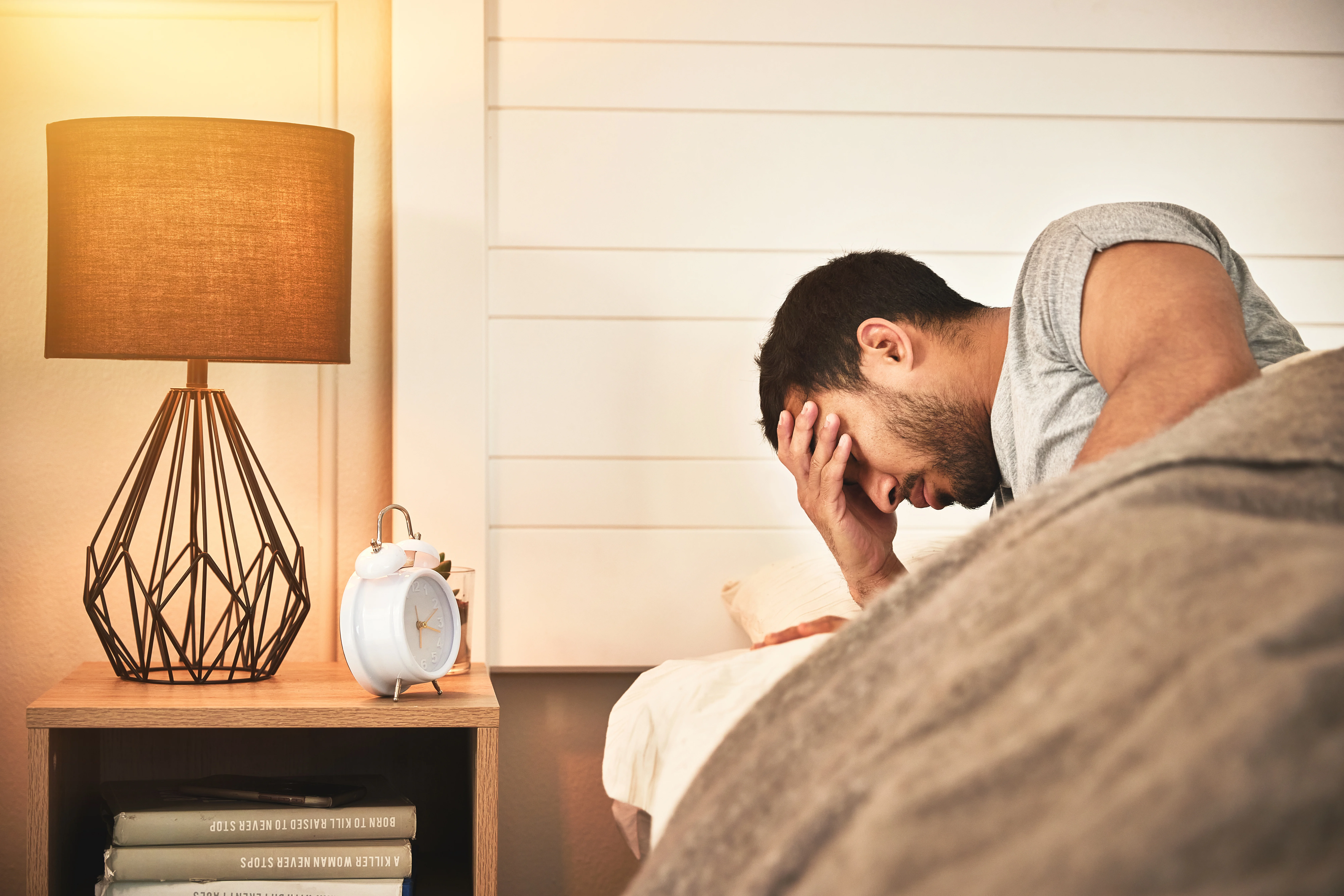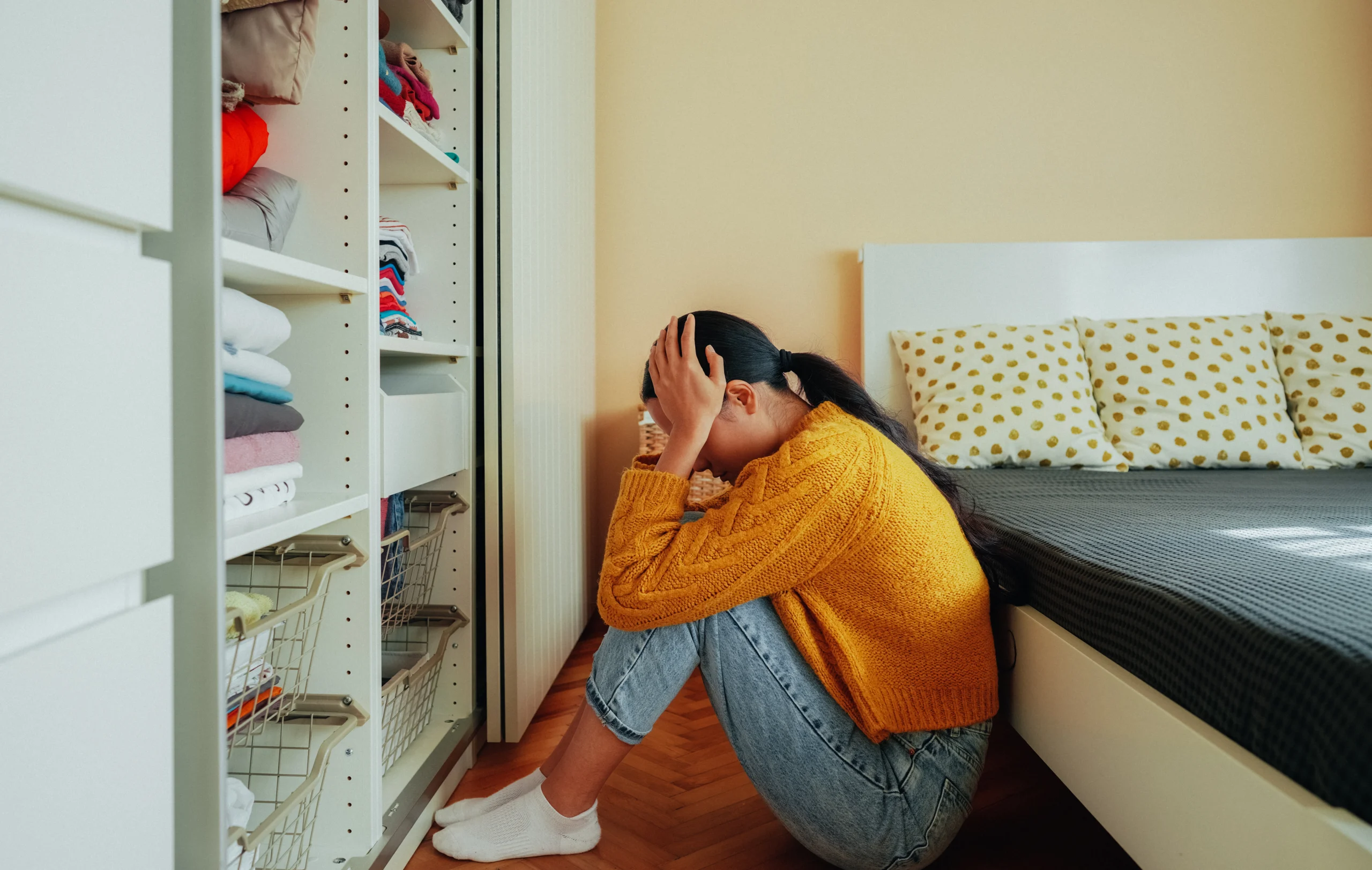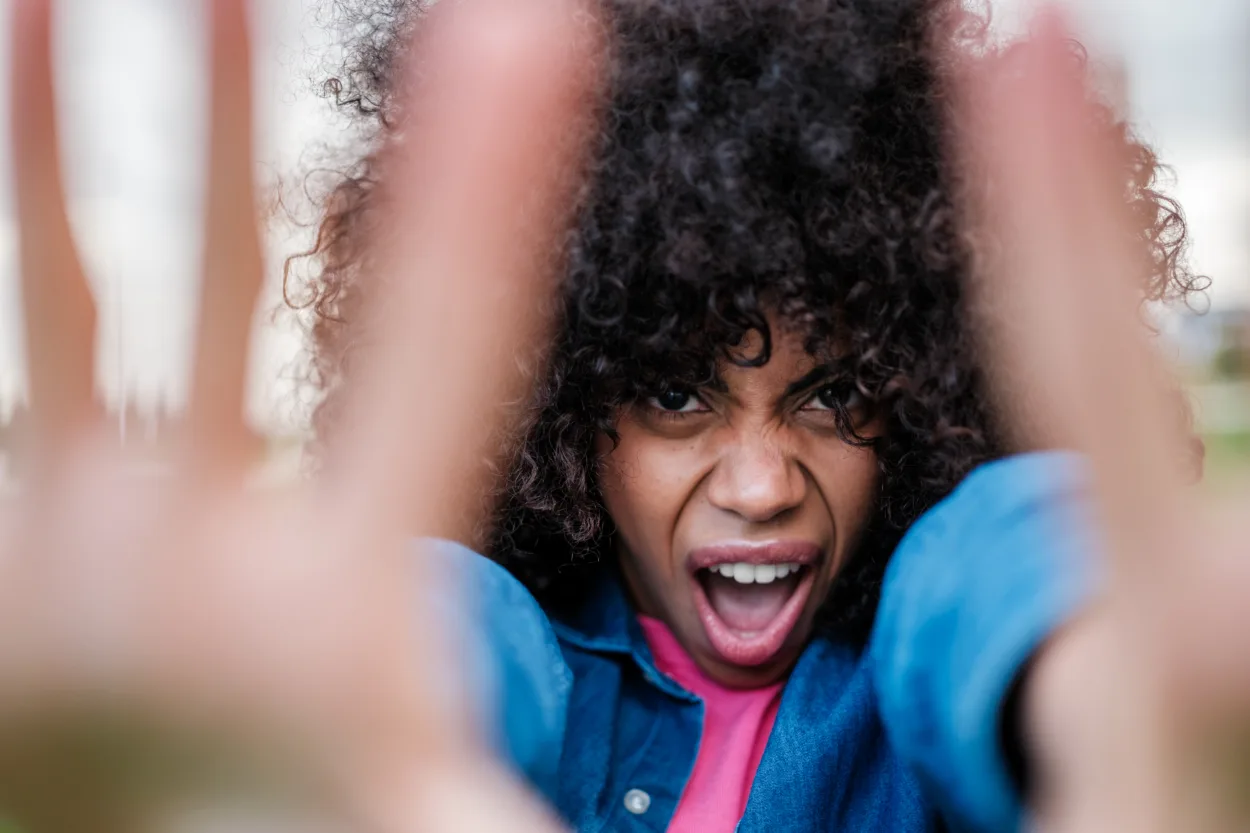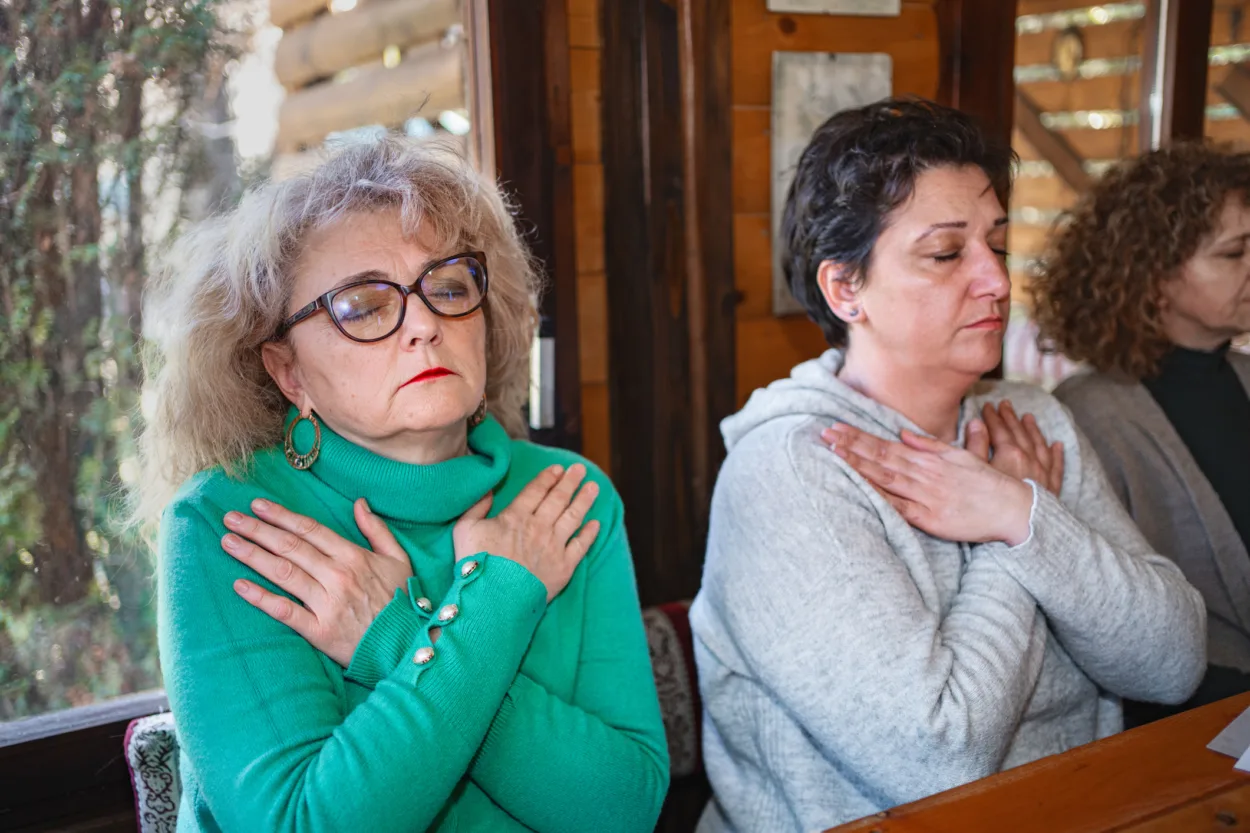How Aromatherapy Supports Mental Health and Substance Use Recovery
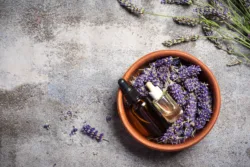
In recent years, holistic therapies have gained recognition for their ability to complement traditional mental health and substance use treatment. One such approach—aromatherapy—offers powerful emotional and physiological benefits, especially when integrated into intensive outpatient programs (IOP) and partial hospitalization programs (PHP). At High Focus Centers in Pennsylvania, we recognize the value of combining evidence-based treatments with holistic care to support both adults and adolescents on their journey to recovery.
What Is Aromatherapy?
Aromatherapy is a holistic healing treatment that uses natural plant extracts—known as essential oils—to promote health and well-being. These oils can be inhaled through diffusers or applied topically (with proper guidance), helping to alleviate symptoms of anxiety, depression, stress and trauma.
At its core, aromatherapy engages the olfactory system, which is directly connected to the brain’s limbic system—responsible for emotions, behavior and long-term memory. This connection makes aromatherapy a powerful tool for managing emotional health in therapeutic settings.
Aromatherapy in Mental Health Treatment
For individuals enrolled in our mental health treatment programs, aromatherapy can be used as a complementary therapy to support emotional regulation, stress reduction and relaxation. Common essential oils used include:
- Lavender – Reduces anxiety and promotes better sleep
- Bergamot – Uplifts mood and reduces feelings of stress
- Frankincense – Calms the mind and enhances meditation
- Ylang Ylang – Helps reduce blood pressure and heart rate, promoting relaxation
In PHP and IOP settings, these oils may be introduced during group sessions, meditation exercises or individual therapy to help clients feel more centered and open to treatment.
Aromatherapy for Adolescents
Adolescents often face unique challenges during recovery, including heightened emotional reactivity and difficulties with self-regulation. Integrating aromatherapy into our adolescent treatment programs can provide teens with a non-invasive, sensory-based method for managing difficult emotions.
For example, using essential oils during mindfulness activities or group therapy can help adolescents feel safer and more in control. This can be particularly helpful for those dealing with trauma, anxiety or depression.
Enhancing Substance Use Recovery
Aromatherapy also offers significant benefits for individuals working through substance use treatment. The early stages of recovery can be emotionally overwhelming, with clients experiencing mood swings, cravings and anxiety. Essential oils like peppermint (to combat fatigue and nausea) and grapefruit (to uplift and detoxify) can support detox and reduce emotional distress.
By offering a calming and supportive sensory experience, aromatherapy helps create a more grounded and healing environment for clients in both IOP and PHP programs.




